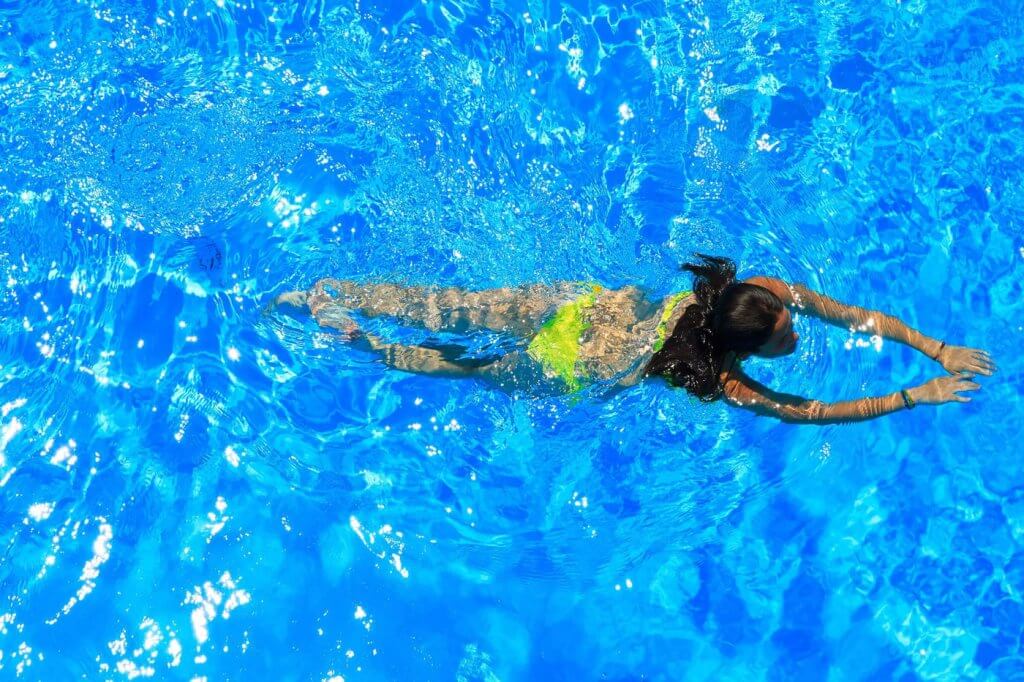Whether you’re a seasoned swimmer or just starting out, you’ll want to protect yourself from swimmer’s ear this summer.
What is swimmer’s ear?
Swimmer’s ear is the common name for ‘otitis externa’ – an infection of the ear canal. If you don’t dry your ears properly after swimming or showering, you’re at risk of developing swimmer’s ear, as bacteria thrives in warm, moist conditions. Symptoms include:
- Pain or feeling of pressure in the ear
- Temperature or sickness
- Reduced hearing sensitivity
- Discharge from the ear
- Irritation around the ear
If you’re showing signs of swimmer’s ear, see your GP. Any infection related to swimmer’s ear is likely to clear up in just a few days, but it’s also easy to avoid. Here are our top tips for ear protection in the water.
How do I prevent it?
Getting water in your ears is part and parcel of swimming, but it’s almost always harmless. If moisture does get trapped in your ear canal, swimmer’s ear can develop.
Wearing ear plugs for swimming provides much-needed ear protection but doesn’t necessarily prevent the condition entirely. Silicone or conical ear plugs are good for swimming – they’re inexpensive and easy to use.
If you spend a lot of time in the water, it might be a good idea to invest in some custom-made THCP ear plugs that are moulded to fit your ear canal. Steer clear of foam ear plugs for swimming, as these are primarily manufactured to prevent hearing loss rather than protect against swimmer’s ear.
How can you avoid swimmer’s ear?
When you’re heading to the pool this year these guidelines are great for avoiding swimmer’s ear:
- Dry your ears thoroughly with a soft towel post swim
- Let the water drip out of your ears naturally, by tilting your head side to side
- Don’t use cotton buds or put anything in your ears
- Take care when you bathe to ensure no products enter your ears
- Consider wearing a swimming cap in the pool
- Try ear plugs that create a seal to stop water entering your ear canal
Book your free hearing test today
If you think you might have swimmer’s ear or you’re concerned about your hearing, book a free hearing test with us today. Call 0800 52 00 546, book online or pop into your nearest THCP practice.

